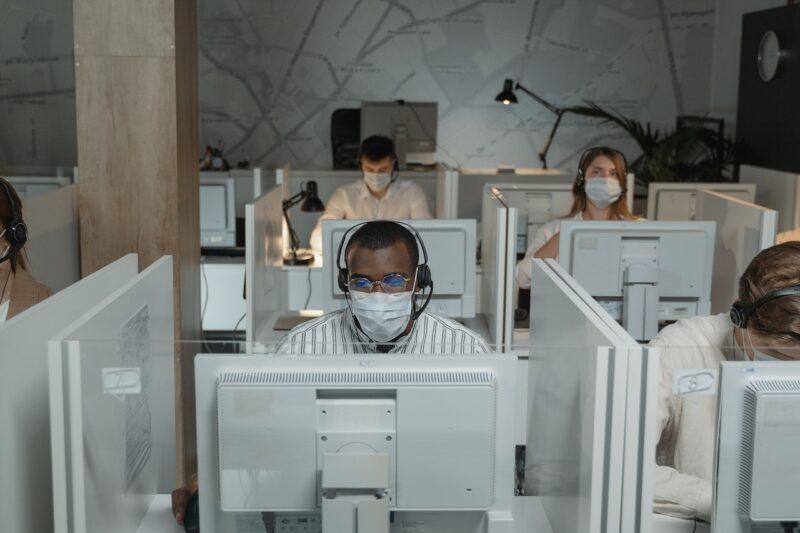
I’m sure you’ve heard tons of talk flying around about The Great Resignation.
Coined by Anthony Klotz, The Great Resignation is used to describe the relatively recent trend of employees voluntarily leaving their jobs in record numbers. In fact, just this August, a record 4.3 million Americans quit their jobs. Pretty incredible considering the pandemic has caused one of the worst recessions and job crises since the 1920s.
That’s a lot of statistics, but how can we make sense of The Great Resignation, and more importantly, how can this crisis be averted? The first question many of us are asking is, why? The answer is relatively complex when broken down because there is no one answer, but luckily, we have a pretty good idea.
Increased Desire for Work-Life Balance

Perhaps the biggest reason for resignations is a desire for a life more than just a career. In the wake of the pandemic, an entire country found itself in lock-down and forced to work remotely for several months. Unfortunately, with this shift to remote work came a sort of mass epiphany. Workers quickly realized that they were being overworked and burnt out when there was a different, less stressful way to work.
With the end of the pandemic on the horizon, many Americans are reluctant to return to office life despite their employers requiring in-person work hours. With difficult employers and cohorts, an office environment can sometimes feel incredibly draining. This is causing several employees to run for the hills in search of greener grass. But it’s important to remember, that the grass isn’t always greener on the other side.
Another essential thing to note is the rise of the contingent workforce. With technology at an all-time high and a massive shift towards freelance and contract work, employees have been increasingly ditching their 9-5 before COVID-19 was even a thought. Now, in a Zoom world with more corporate issues than ever, it isn’t uncommon for Americans to bid farewell to their corporate full-time job.
Fear of the Coronavirus

The virus itself is still a cause for concern for a large percentage of people. For example, 42% of workers are worried about returning to the workplace due to fear of contracting COVID. Furthermore, many Americans are resistant to the recent vaccine mandates which is playing a role as to why organizations are understaffed and unable to fill open positions.
Inadequate Wages

The second-largest cause of the Big Quit is being underpaid despite being overworked. With government aid amidst the pandemic, people feel secure enough to take the leap and consider other options. However, in a world where more resignations meant a larger workforce, corporations are increasingly concerned by what the shift means now.
The cost of living to minimum wage ratio has never been quite so wide. So, while Americans seek better options, the reality remains that we all need an income to live. The bigger question remains in whether corporations will improve working conditions and wages before the resigned choose to reenter the traditional workforce, if ever.
One thing is for sure: the future of the workforce is changing and likely, will never return to what it was pre-pandemic. So while the consensus is generally the resignation being a cause for concern, it has the potential to become an incredibly positive shift.
If anything, this is an opportunity for Corporate America to evaluate the systems and procedures they have in place to recruit and retain real people and make a change for the better.
Ready to leap toward improved leadership?
Psst: Our newsletters are basically
HR cheat sheets, delivered to
your inbox
Find daily inspiration and get tips for your day
Network with us on LinkedIn
Love tips and the occasional freebie?
Like us on Facebook
On the count of 3,
get ready to
say cheese!
We’re on Instagram
The best 280 characters you’ll ever read
Follow us on Twitter
Watch demos, learn features and much more
Subscribe to our channel









